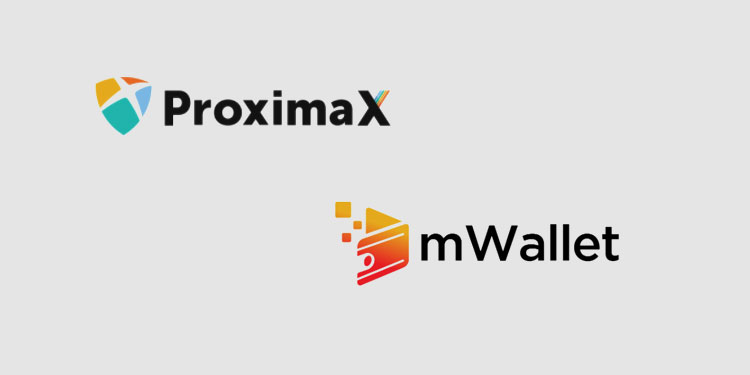Data analytics company Bluenumber today announced it will build a GDPR-compliant decentralized blockchain called BlueChain on ProximaX, an advanced extension of the NEM blockchain with utility rich services and protocols.
ProximaX fulfills Bluenumber’s requirements for a secure solution by using a Distributed File Management System (DFMS). It’s peer-to-peer distributed architecture makes the network decentralized, while client-side encryption ensures that the data is secure.
In addition, DFMS allows the network to be available 100% of the time. ProximaX provides decentralized document proofing, storage, messaging, and streaming content delivery.
“BlueChain is about trust between real people. Our partnership with ProximaX blends their blockchain expertise seamlessly with our reach to empower millions to trust global supply chains. GDPR compliance means BlueChain ensures human rights and dignity for every farmer, fisher and factory worker in any supply chain globally.”
The ProximaX solution allows for time-stamped, immutable, and irreversible records to be stored in a network of storage nodes. Files are optionally encrypted, thereby allowing entities to make data private and secure, available only to these owners or their assignees to access such documents and records.
The core components of the blockchain and DFMS are abstracted to form a service layer, thereby giving rise to an easy-to-program ProximaX solution. This service layer can easily allow mainstream programmers to be onboarded without having to understand the intricacies of blockchain and DFMS concepts. Distributed or centralized applications can be developed as a vertical on top of the ProximaX solution.
“We are delighted to have the opportunity to work with Bluenumber. This project is a great example of how the ProximaX solution can be deployed effectively to give Bluenumber secure and private access to data with zero downtime in order to meet the requirements of being GDPR compliant.”
ProximaX is built on a P2P cloud storage and streaming architecture with fault tolerance and a distributed database, removing a central entity and connecting all the servers (or nodes) in a mesh configuration. Failure of any single component of the mesh will have minimal effect upon the overall performance of the system.
The system is resistant to traditional threats of security and privacy as the system is based on an encrypted, sharded, peer-to-peer file storage. For decentralized file storage, ProximaX will utilize IPFS protocol. For multimedia streaming and messaging, ProximaX will use PeerStream Protocol (PSP), currently in development by PeerStream, Inc.






















